 Israel has prepared for the trials of nearly 150 people, most of them minors, charged with resisting the military expulsion of 16,000 Jews from the Gaza Strip and northern West Bank in 2005.
Israel has prepared for the trials of nearly 150 people, most of them minors, charged with resisting the military expulsion of 16,000 Jews from the Gaza Strip and northern West Bank in 2005.
The government has prepared virtually identical indictments for the 146 defendants alleged to have resisted the Israeli eviction and demolition of Kfar Darom, one of 16 Jewish communities destroyed in the Gaza Strip.
“I thought it was over,” Knesset member Yitzhak Levy of the National Religious Party said. “Now they are beginning to get dates for trials. This is very serious; most of these indictments are political.”
All of the defendants, some of them as young as 12 at the time, were charged with assault, with a maximum sentence of seven years. Protesters deemed to have thrown liquids, food or sprayed foam towards the eviction forces were charged with aggravated assault, punishable by up to 20 years in jail.
“Anyone who was on the roof [of the Kfar Darom synagogue] has been charged with assault even if he was a passive demonstrator,” Meir Munitz, father of a minor who was indicted, said.
Several Knesset members said the trial marked a double standard that targeted Jewish nationalists. They cited the decision by authorities not to prosecute students who fought police during tuition protests in May 2007.
“There should be equal justice for people who are arrested in a demonstration in the Disengagement as well as for the students,” Knesset member Michael Eitan, former chairman of the Law and Constitution Committee, said. “There are close to 1,000 indictments [from the expulsion].”
For 18 months, Israeli authorities gave no indication that the Jewish protesters would be prosecuted. The protesters and their supporters in parliament, citing a government decision not to prosecute those who resisted the Israeli eviction of Jewish residents of the Sinai in 1982, said they thought the Kfar Darom cases had been dismissed.
But in April 2007, authorities notified those indicted that they would stand trial starting July 2. The trials would place take in the juvenile court of the southern Israeli city of Beersheba.
“These cases were prosecuted by the police prosecutions department, [not by the State Prosecutor’s office],” Justice Ministry spokesman Tal Vider said. The police spokesman’s office refused to comment.
The decision to indict appeared to reflect Justice Ministry guidelines drafted in 2005 to confront massive anti-government protests to stop the Israeli withdrawal from the Gaza Strip and northern West Bank. The guidelines directed prosecutors and police to detain and indict those who participated in civil disobedience, including minors and first-time offenders.
“The idea was that the people [in Kfar Darom] gathered with the aim to harm the security forces,” assistant state prosecutor Shai Nitzan told a Knesset committee in December 2005. “And they attacked and people took part in this. And even though there is no evidence, this is a clear legal rule and I can bring proof. But this is not the place. The people who were part of this group are responsible for this thing just like any other crime and that’s why they were indicted.”
The indictments of the Kfar Darom defendants were nearly identical in their charges and description. In Munitz’s case, the police refused to dismiss the indictment despite a determination that a photograph presented as evidence of somebody spraying foam toward officers was not that of his teenage son.
“These described acts of violence were conducted by the mass of people who barricaded themselves on the roof,” the indictment read. “Because the defendant was part of the crowd, he gave backing to the violent acts and made them possible with his presence.”
Major Israeli civil rights groups have refused to support the defendants in the forthcoming trial. In August 2005, the Association for Civil Rights in Israel demanded an investigation into the treatment of minors arrested at Kfar Darom.
ACRI said many of the minors spent as much as a week in detention in Beersheba while a special court was established. The association said the minors were brought to court in handcuffs and leg irons, were denied an attorney and banned from meeting their parents.
In some cases, ACRI said, judges presided over hearings in which the defendants were prevented from appearing because prison authorities did not have enough leg irons. In other hearings, 60 suspects were arraigned simultaneously.
“In light of these things, you are asked to examine these serious phenomena…and to pledge that they will not recur,” ACRI attorney Avner Pinchuk wrote in the Aug. 22, 2005 letter to senior Justice Ministry officials. “These things that have been described and this is just a few of them, raise concerns as to the fairness of the judicial process and the rights of minors to due process.”
But ACRI, whose intervention led to the release of the minors and the termination of a special juvenile court, refused to follow through on its demands for an investigation. The association said it would not intervene in the forthcoming trial for the Kfar Darom defendants.
“We have no way to check the indictments,” ACRI spokesman Yoav Loeff said. “This is the job of the courts. We only dealt with the extension of the remand.”
Parents of the Kfar Darom defendants said ACRI has refused to respond to their appeals for help. They said the association, which receives funding from foreign foundations, wants to focus on Palestinian rights.
“They [ACRI] stopped having any contact with us,” Munitz said. “They refused to answer e-mails or phone calls. They had had enough contact with right-wingers.”
Despite their plans for the trials, authorities have refused to investigate charges of police brutality during the Kfar Darom eviction. Munitz and other parents provided the police internal unit with photographs of officers clubbing passive minors and sticking their fingers in the nostrils of demonstrators.
“After we have examined your complaint and the investigations material collected until now,” Herzl Sbiro, internal affairs bureau head wrote in a letter to Munitz dated Sept, 28, 2005, “I decided that out of concern for the public interest, the general circumstances of the incident are not appropriate for criminal proceedings. And so I decided not to continue with this investigation.
Parliamentarians said they would seek to pressure the government of Prime Minister Ehud Olmert to halt the Kfar Darom trials. At least 20 out of 120 Knesset members have called for the dismissal of the indictments as well as an end to judicial proceedings against other protesters of the government’s destruction of Jewish communities in the Gaza Strip and northern West Bank.
“Last year, we [the Tel Aviv prosecutor’s office] destroyed 13,000 criminal files because of lack of storage space,” Knesset member Aryeh Eldad said. “They should come to the conclusion that they should take all [1,000] files and put them in one room and destroy them. But since this won’t happen, it should come from the Knesset.”

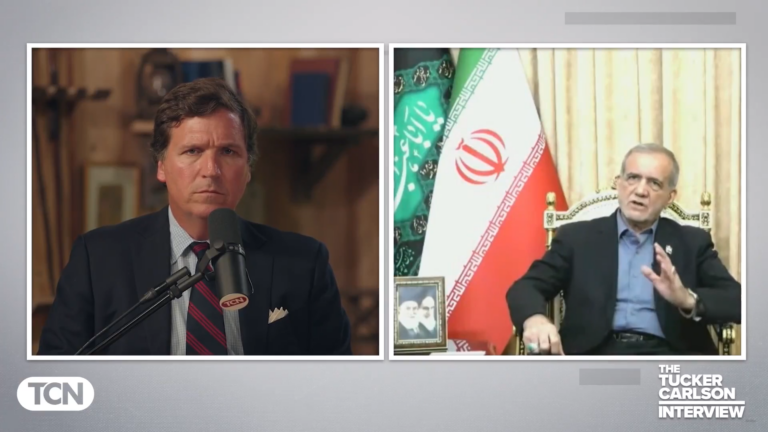
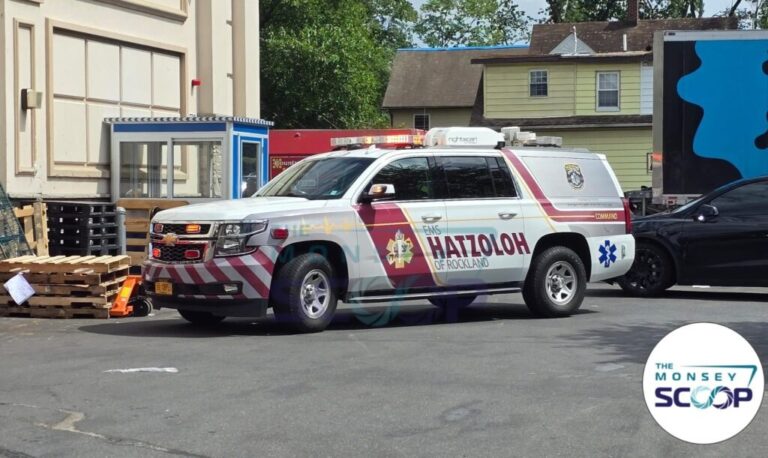

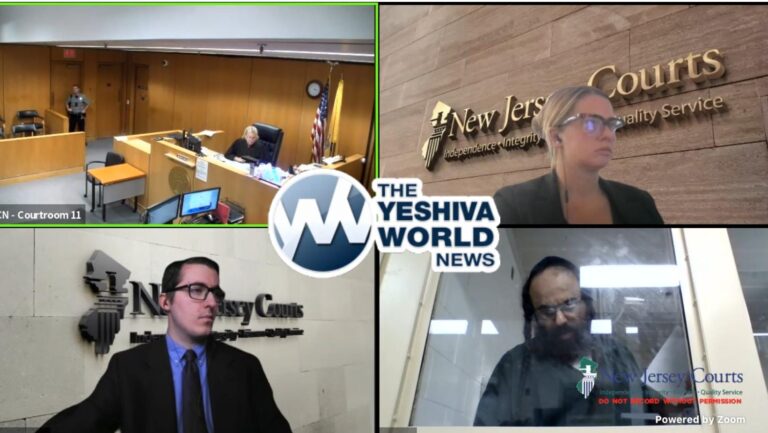

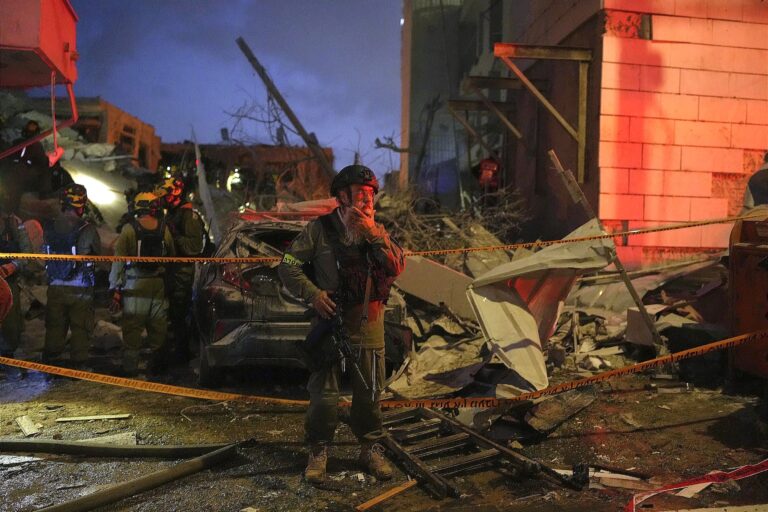
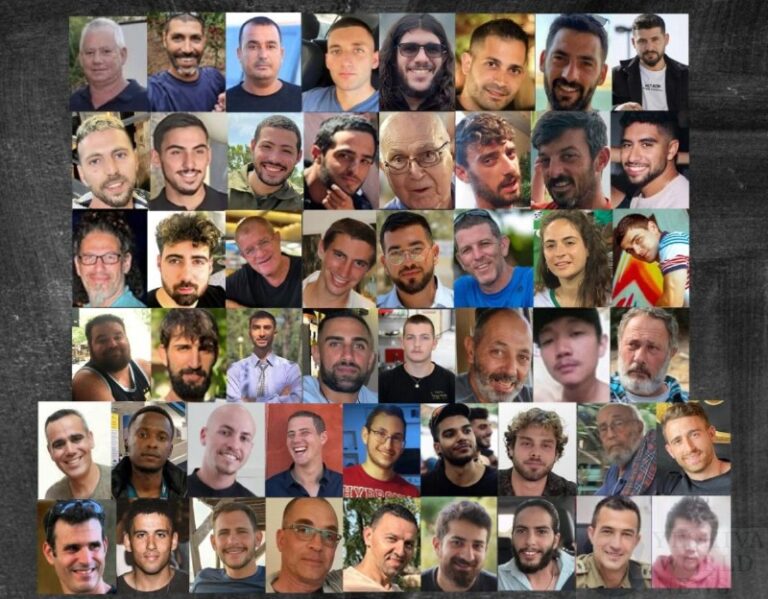

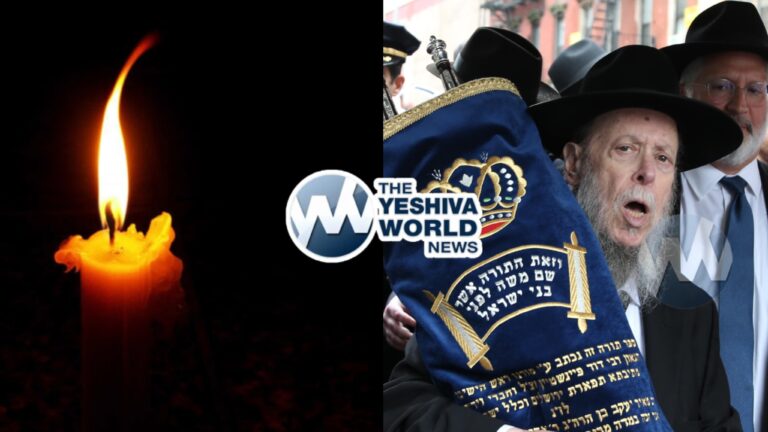

9 Responses
This is the governments “revenge”. As if they haven’t got enough tzoros. They also seem to have forgotten all the cases (past, present and no doubt future) where the government members themselves have been investigated and charged. And for much more severe crimes. Chevreh hypocrites.
These kids deserve medals of honors, sort of “noble peace prize for standing up for justice” and instead they will have trials. Go look after the arab MKs who are committing murder in front of your eyes while receiving a knesset salary…. “Olam Hafach”
sammygol
Your words were a breath of fresh air, I second your statement.
I find it very ironic that they want to charge a bunch of minors, many of who didn’t have a home to live in for a year. it turns out that they were right for not wanting to leave. the government DID NOT HAVE WHERE TO PUT THEM. The least the government can do is drop the charges NOT RUB IT IN.
Working? In Israel you don’t work! You go on strike! 😉
What I find ironic is that some of the same people who say these people should be left alone, urge prosecution of those protesting the shame parade.
it was always known that israel is a police state.
so what better do you expect from them.
Es, not only did they not have where to put them, but by now, all thinking persons have acknowledged that the “unilateral withdrawal” idea only brings the enemy closer to us. It was the cause of last summer’s war with Lebanon, and this year’s kassams over Sederot and Ashkalon. In short – it was a major cause of death and destruction in the Western Negev. Now they want to prosecute?
The government owes these people a humble apology and restitution.
There is a difference bt passive and aggressive disobedience #7